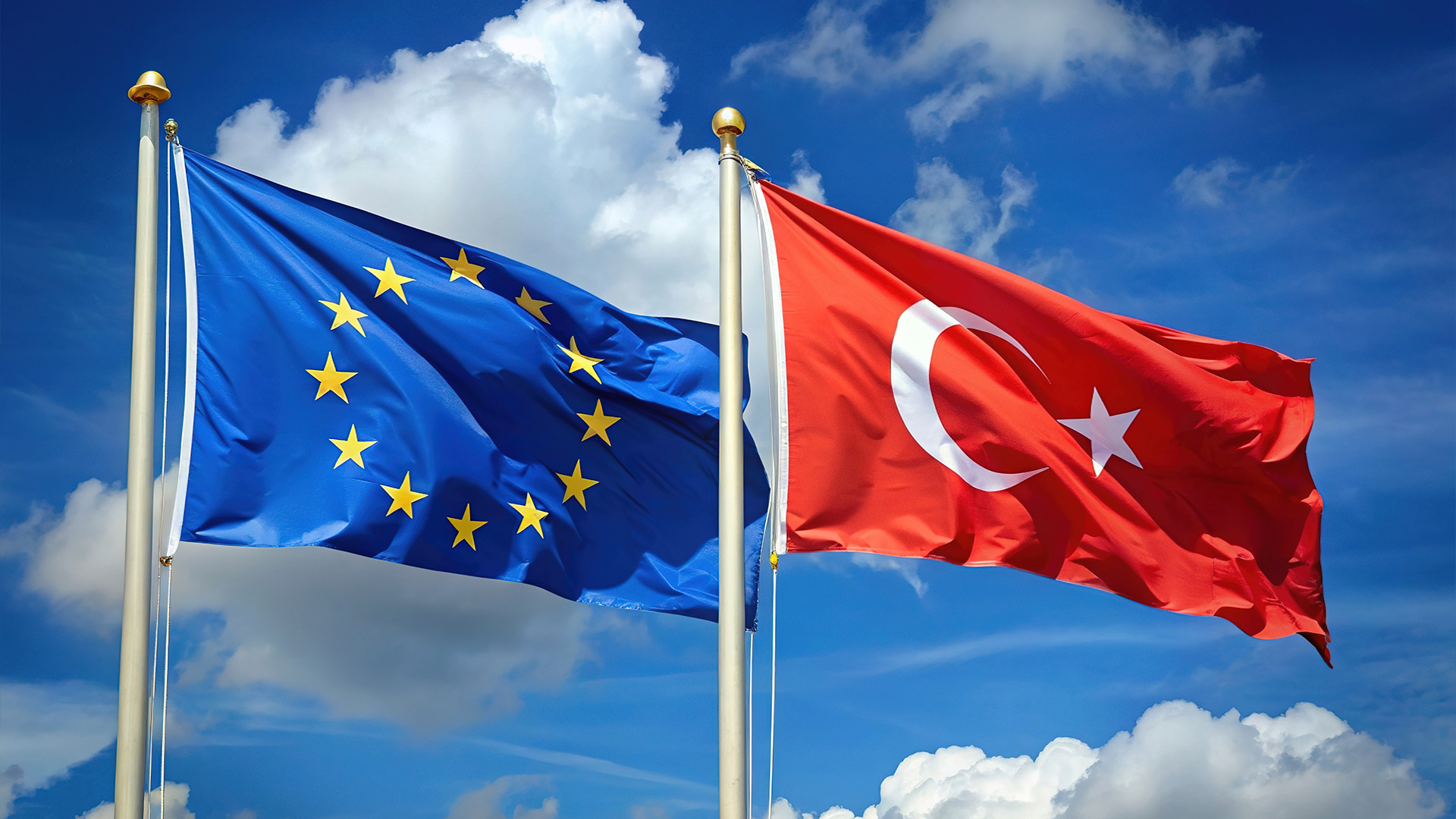The European Green Deal is a far-reaching strategy, announced by the European Commission in 2019, covering the goals of combating climate change and sustainable development. It aims to make Europe a “carbon neutral” continent by 2050 and reduce greenhouse gas emissions by 55% by 2030. This policy, which requires radical transformations in different sectors, also has significant implications for Turkey, which has strong economic ties with the European Union.
Considering that more than 40% of Turkey’s exports go to European Union countries, the Green Deal is a critical process for Turkey. The EU’s Border Carbon Adjustment Mechanism (CBAM), which was introduced in line with the EU’s goal of reducing carbon emissions, poses significant challenges for carbon-intensive production countries. This regulation aims to reduce the carbon footprint of producing countries by imposing carbon costs on emission-intensive products imported into the EU. Therefore, it is critical for Turkey to take carbon-reducing measures to maintain its competitiveness.
Challenges and the Adaptation Process
It may take time for Turkey’s existing production infrastructure to adapt to the sustainability criteria of the Green Deal. In particular, energy-intensive production methods need to be replaced with low-carbon technologies. In this process, one of the biggest challenges Turkish companies will face will be high investment costs. Although the use of low-carbon production technologies will cause an increase in costs in the short term, in the long term it will both increase competitiveness and enable compliance with international standards.
Turkey’s harmonization process with the Green Deal requires not only economic, but also political and legal arrangements. The “Green Deal Action Plan” prepared by the Ministry of Environment, Urbanization and Climate Change is seen as an important step in this regard. However, effective implementation of this action plan requires public-private sector cooperation, adequate financial resources and public awareness.
It is especially important to develop carbon pricing mechanisms and harmonize regulations on carbon trade with the EU. By ratifying the Paris Climate Agreement in 2021, Turkey committed to take international responsibility in the fight against climate change. However, for this commitment to yield concrete results, comprehensive and sustainable policies must be developed.
Opportunities and Potential Gains
The opportunities offered by the Green Deal should not be ignored as much as its challenges. By managing this process correctly, Turkey can develop new economic models based on sustainability and innovation. Investments in renewable energy sources in particular will be one of the most important building blocks of this process. Turkey’s solar and wind energy potential is quite high, and investments in these areas can contribute to energy independence as well as reducing carbon emissions.
Circular economy practices are another area of opportunity for Turkey. Innovations in areas such as waste management and biotechnology can offer both environmental and economic benefits. Mainstreaming circular economy practices is critical to improve Turkey’s competitiveness in the EU market.
Green Financing Opportunities and EU Support
The Green Deal also provides an opportunity for Turkish companies to take advantage of green financing opportunities. Funding sources such as the Green Deal Fund offered by the European Union encourage investment in environmentally friendly projects. In order for Turkish companies to benefit from such funds, they need to develop projects that meet sustainability criteria. These financing opportunities may allow firms to alleviate transformation costs and transition to low-carbon technologies more quickly.
Moreover, Turkey’s joint projects with the EU will support both economic development and environmental sustainability. In particular, cooperation in areas such as energy efficiency, renewable energy and carbon neutral technologies could help Turkey achieve its global sustainability goals faster.
Social Awareness
Public awareness and education efforts are of great importance for the successful implementation of the Green Deal. Raising sustainability awareness throughout society will contribute to accelerating this transformation process. Training programs should aim to provide knowledge and skills on sustainability for both companies and individuals.
Incentives and guidance services to be provided by the government will play a critical role for businesses to adapt to this transformation.
Conclusion: Turkey’s Green Transformation Journey
The European Green Deal presents a window of opportunity for Turkey as well as a process of change. If Turkish companies manage this process correctly, they can not only harmonize with the EU, but also achieve their own sustainability goals and become more competitive globally. In this process, elements such as strategic planning, effective use of green financing resources, public-private sector cooperation and raising social awareness are of great importance.
Turkey’s compliance with the Green Deal will support both environmental sustainability and economic growth in the long run. However, this transformation process should not only be limited to technical and economic regulations, but should also be supported by a change in awareness that involves all segments of society. The European Green Deal is an opportunity for Turkey to become stronger both economically and environmentally, and seizing this opportunity is critical for the future of our country.
